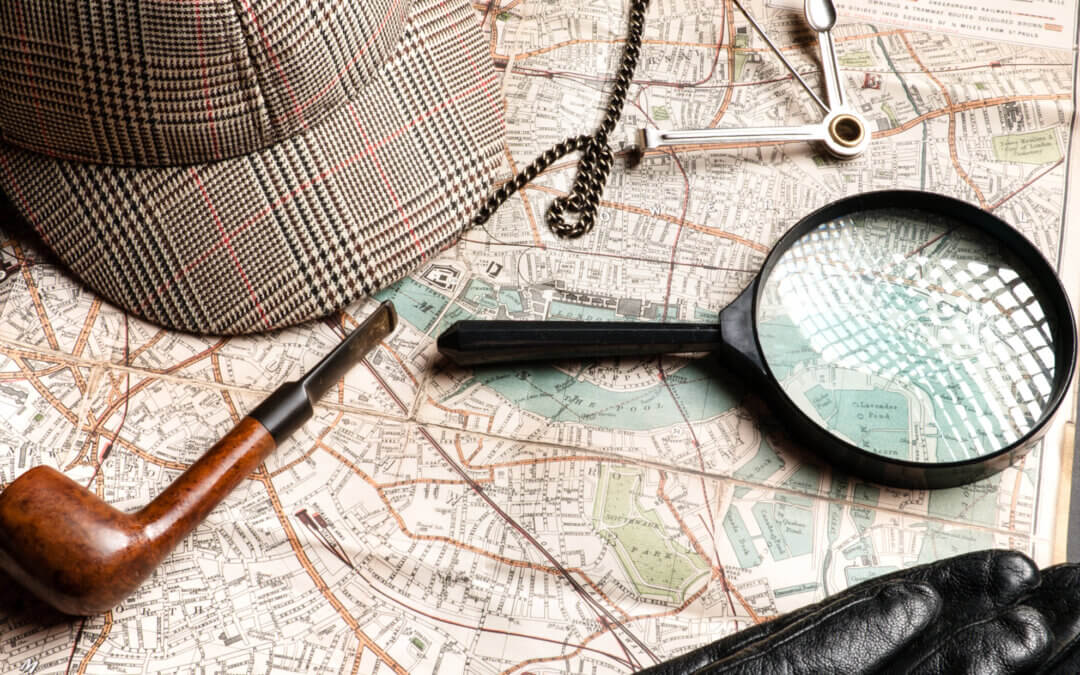As probate professionals, people reach out to us when they are not sure how to take the first step after losing a loved one. Sometimes they have only a partial understanding of their loved one’s financial situation. A few cases have been with people who were managing their loved one’s finances before they passed. Those cases are usually pretty straight forward. The client is usually able to provide documentation for various assets and liabilities.
What about cases where you may not know much about the decedent’s finances or property?
How Do You Find Out What Assets a Person Owned After They Die?
Google and the property appraiser’s website in the county where the decedent lived is often a great place to start(in Pinellas county it’s here) Going through the decedent’s files and papers is also usually a good start. If they kept a checkbook, you can sometimes spot mortgage payments, car payments, annual payments for timeshares, and things of that nature.
If you can find a log in for email there may be statements, receipts, bills of sale and things like that available. All of these provide a starting point for finding out about real property, vehicles and other large purchases. For personal property located in the home there is no substitute for going through the assets, inventorying everything, and employing professionals for specialty items.
If there is jewelry, you should seek out a qualified jewelry appraiser. You should consult an art appraiser for any unique or potentially valuable paintings or sculptures. There are all sorts of assets that are wise to appraise: baseball cards, old and unique books, and pianos to name just a few. These items are usually pretty easy to figure out though, because they are physical transportable objects.
Are There Other Methods to Find Out What Someone Owns?
We would sometimes hire an investigation firm to run a person search and asset report for some decedents when the family genuinely didn’t know what they owned. We have recently begun doing these searches in house. We use a well known person and asset location database service.
This is something we will do as part of an estate that we are beginning to administer to make sure we have included all of the assets. It can also show us that there are not as many assets in the name of the decedent that we initially thought. This can help to avoid including assets that are not actually owned by the decedent.
Answering these questions is so important because whether or not to do probate is usually a purely economic decision. If there are not enough assets to pay the creditors and make a distribution to the heirs or beneficiaries, we often advise not doing probate (or at least waiting out the 2 year creditor period).
The search system can generally locate real property and vehicles owned by the decedent. Bank accounts and investments are not generally available through public searches. However, some recorded liens on personal property or non-homestead property can help us fill in some blanks.
How Can I Find Out About the Assets?
If you would like to have us find out what assets were owned by a decedent, you should call our office to set up a one hour consultation. We will need a certified copy of the death certificate and proof of your relationship to the decedent before we can run a detailed search. Along with the death certificate, your government issued ID, other certified documents can be very helpful, like a birth certificate or marriage license showing your relationship to the decedent, or a will naming you personal representative or beneficiary.
Once we have collected this information we will do a search for your loved ones assets and recorded liens. An attorney will review the report, and go over the report results and other asset and creditor information you provide to determine if opening probate is a good course of action in your situation.
This type consultation is not free, but the expense up front can help determine if you’re making the right call by opening probate. Currently the search and an hour consultation discussing the information discovered in the search is $350.00. This amount may change without notice in the future- but it is free to call and ask how much we’re charging for this service.
If you would like us to help you figure out whether or not you should do probate, contact us to find out how to provide the information we need to run a search, and schedule your consultation.

